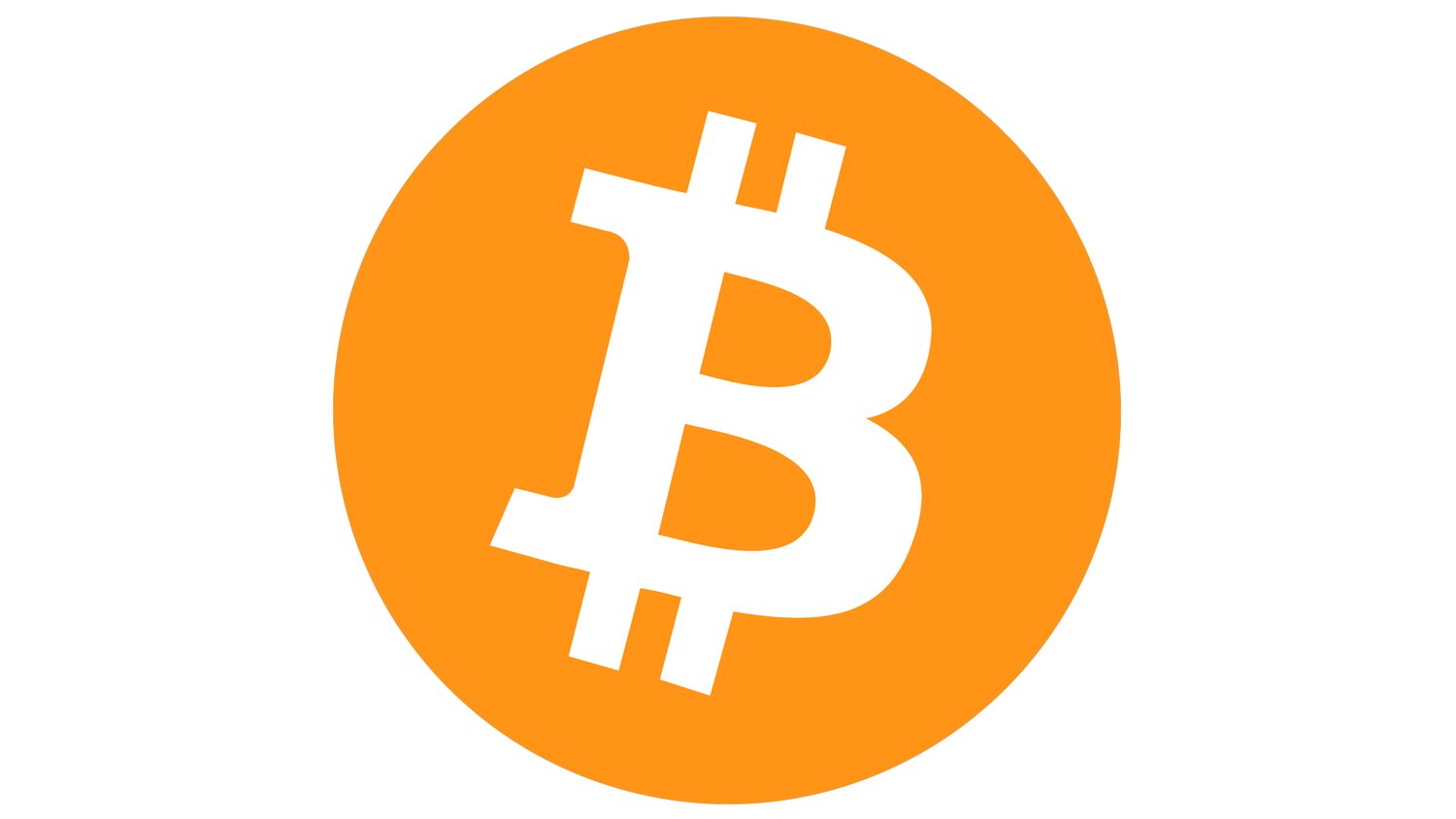Ray Dalio is an American investor, hedge fund manager, and philanthropist, widely recognized for founding Bridgewater Associates, one of the world's largest and most successful hedge funds. Here's an overview of his career, philosophy, and influence:
Early Life and Education:
Born: August 8, 1949, in Queens, New York.
Education:
Attended Long Island University, where he earned a B.A. in Finance.
Later studied at Harvard Business School but did not complete his MBA, choosing instead to start his investment career.
Career Highlights:
Bridgewater Associates:
Founding: Dalio founded Bridgewater from his two-bedroom apartment in New York in 1975. Initially, it was a wealth management service for his clients.
Growth: Over the decades, Bridgewater evolved into one of the world's largest hedge funds, managing over $150 billion in assets at its peak. It's known for its flagship Pure Alpha fund and All Weather portfolio strategy.
Approach: Dalio introduced a unique management and decision-making process known as "radical transparency" and "the idea meritocracy," where the best ideas win out regardless of who they come from.
Investment Philosophy:
Principles: Dalio's investment philosophy is encapsulated in his "Principles" - a set of guidelines for life and work, which he later published in a book. This includes understanding the economic machine, managing risk through diversification, and learning from mistakes.
Economic Cycle: He's well-known for his views on economic cycles, particularly the "Big Debt Cycle," which he believes shapes long-term economic trends.
Public Influence:
Books:
"Principles: Life and Work" - A detailed exposition of his personal and professional principles.
"Principles for Navigating Big Debt Crises" - An in-depth look at economic cycles and debt crises.
Media and Education:
Dalio has been active in sharing his knowledge through interviews, TED Talks, and educational content via Bridgewater's research. His YouTube series, "Economic Principles," attempts to explain complex economic concepts in simple terms.
Philanthropy:
He established the Dalio Foundation, focusing on education, health, and social entrepreneurship. Notable initiatives include OceanX, aimed at ocean exploration, and significant donations to educational institutions.
Controversies and Criticisms:
Work Culture: Bridgewater's culture of radical transparency has been both lauded for fostering innovation and criticized for being harsh or dehumanizing. The implementation of this culture has led to debates about its impact on employee well-being.
Performance: While Bridgewater has had periods of stellar performance, like any hedge fund, it has also faced times of underperformance, particularly during market conditions that didn't align with its strategies.
Political Views: Dalio's comments on capitalism, inequality, and his interactions with different political figures have sometimes stirred controversy or debate regarding his economic and political philosophy.
Retirement and Legacy:
Transition: In 2021, Dalio announced plans to step back from daily management at Bridgewater, transitioning to a mentorship role to ensure the firm's longevity beyond his direct involvement.
Legacy: Dalio's impact on investing, through both his practical successes and philosophical contributions, has been profound. His approach to management, transparency, and economic analysis continues to influence both investors and business leaders. His focus on understanding economic cycles and advocating for an idea meritocracy has left a significant mark on the financial world.
Ray Dalio remains a pivotal figure in finance, known not only for his investment success but also for his efforts to democratize complex economic concepts and promote a unique management style.
